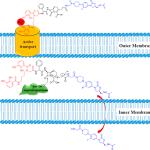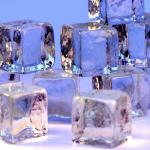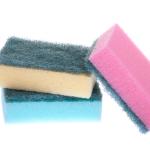Bacteria come in two very broad categories based on the structure of their cell walls, the outer region that gives the cells shape and integrity.
bacteria
I will never be out of a job because literally, every single day, something idiotic is trending either on Google or Twitter. Today, the trending term is "Rubber Duck."
Given microbes' ubiquitous nature, we expect a certain amount of bacteria to be in our kitchens, on items like raw chicken and filthy dish sponges.
Ancient documents decay over time. Understanding the underlying cause of the deterioration is obviously necessary to prevent or reverse it.
Unlike animals, bacteria can readily share genetic information with other bacteria, even those of entirely different species.
The next time you reach for your handy kitchen sponge to mop up a spill on the countertop, remember the message in a recent article in Science Reports entitled "Microbiome analysis and
When a patient enters a hospital or doctor's office with a cough, difficulty breathing, and chest discomfort/pain - physicians may be able to easily diagnose a lung infection. But, what is causing the infection is a different story.
Okay, most people don't want the words feces and food uttered in the same sentence.
The sequence of an organism's genome, a staple in today's world of scientific experimentation, is as essential to scientific research as beakers.
Microbiologists often study microbes in isolation.












